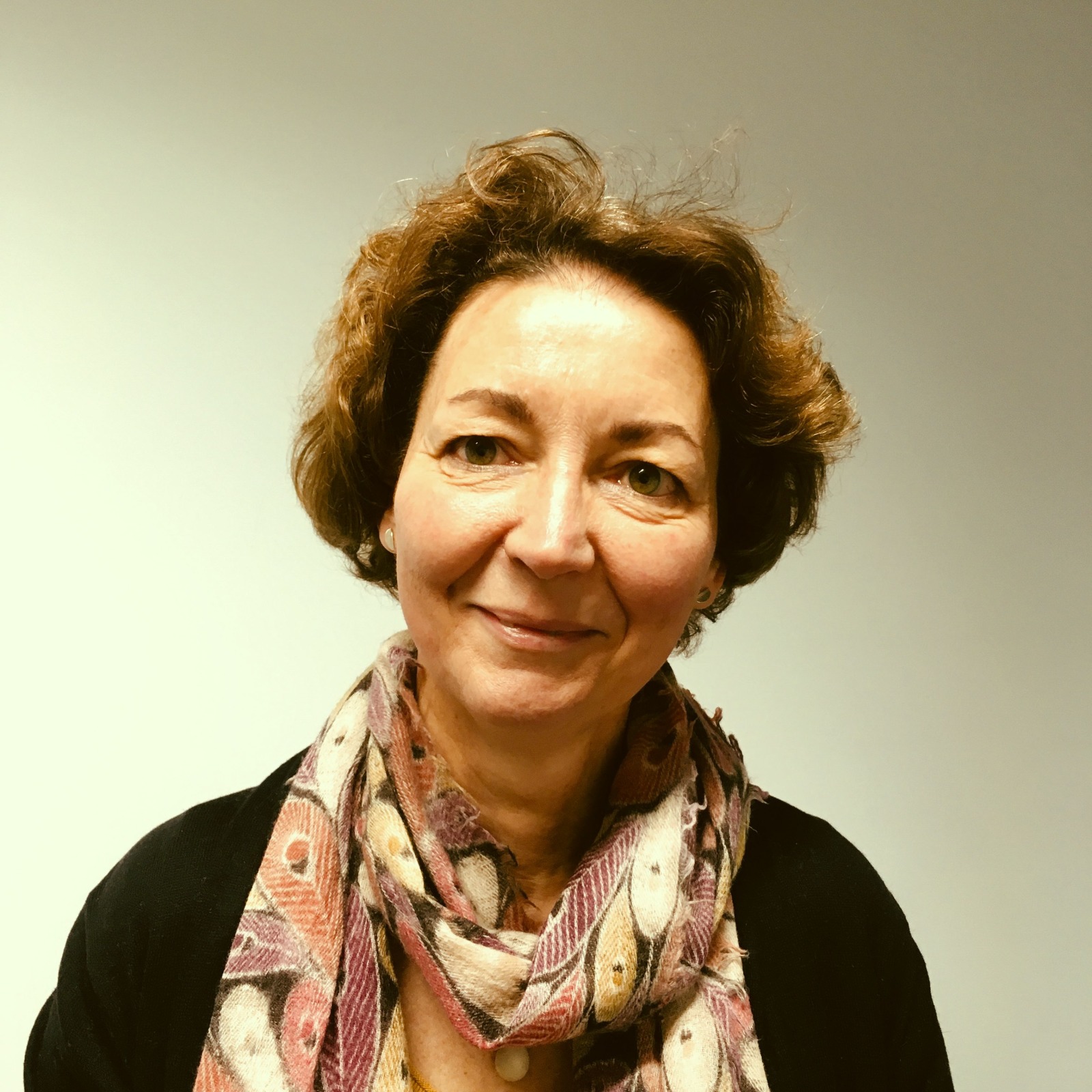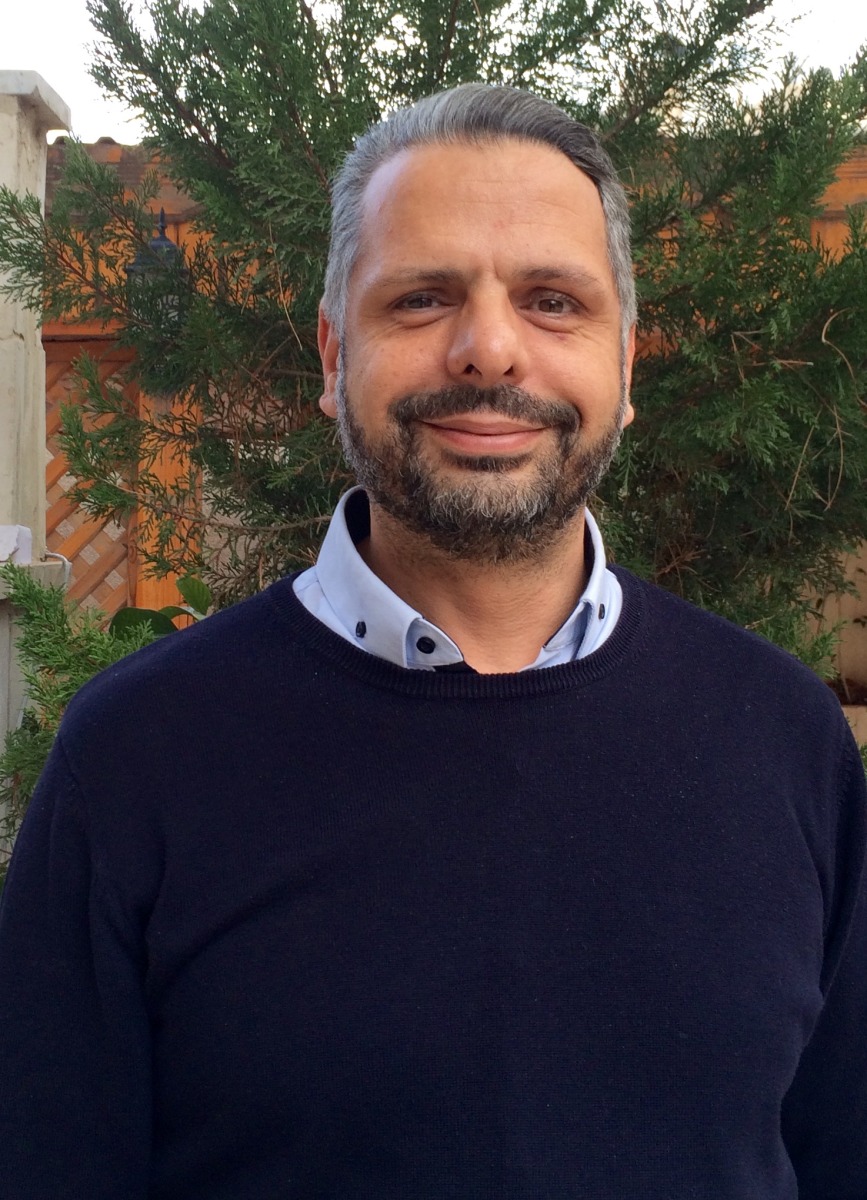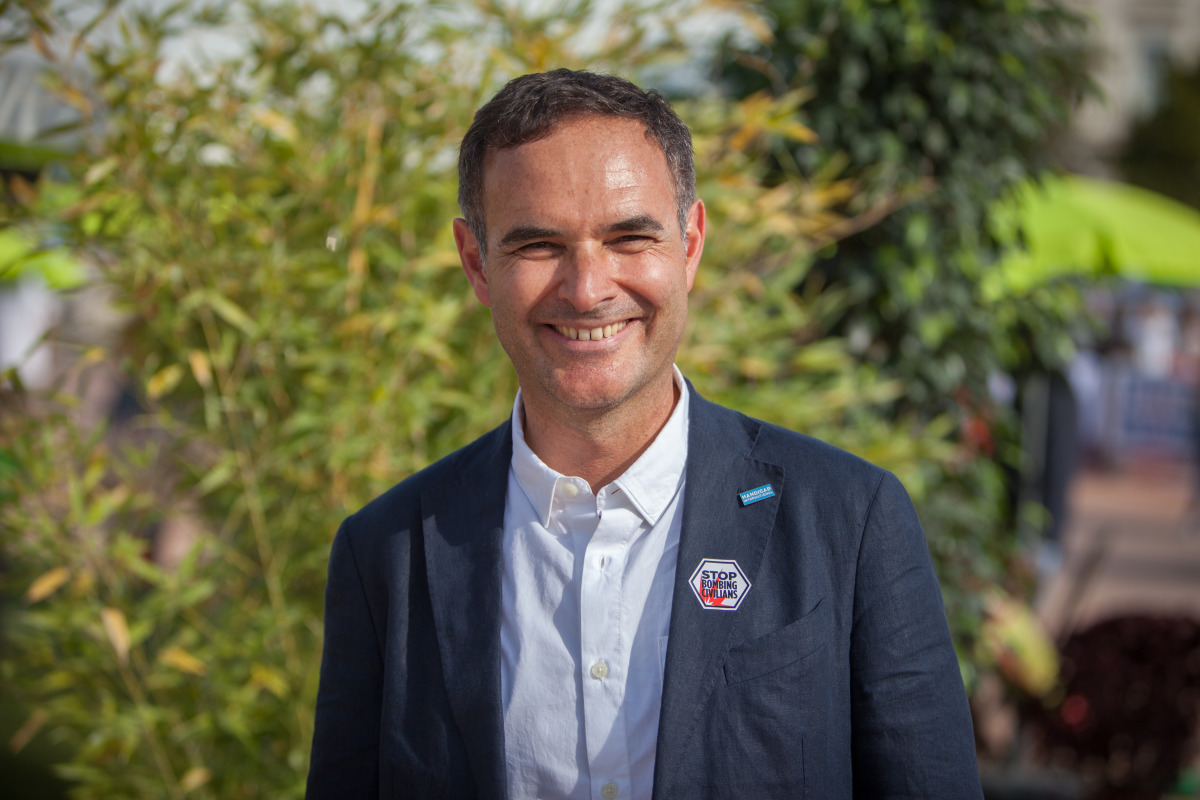share

Horizon Prize laureates from the left to the right : Abder Banoune, Isabelle Urseau, Pierre Gallien | © HI
On 24 September, the European Union Horizon Prize for Affordable High-Tech for Humanitarian Aid honoured HI with two awards. These prizes recognise the organisation’s efforts to develop practical and effective solutions in order to enhance the care and treatment of vulnerable people.
The European Union Horizon Prize for Affordable High-Tech for Humanitarian Aid was launched in 2020. Each prize is awarded to an initiative that addresses major humanitarian challenges in different fields of expertise.
HI enjoys the particular honour of being awarded two prizes by the European Union jury:
These two awards recognise the organisation’s strategy of innovation, and its unswerving determination to enhance the effectiveness of its actions by deploying the latest technological solutions.
Tested as part of the TeReFA project in Togo and Uganda, telerehabilitation makes it easier for beneficiaries to access diagnostic and orthopaedic-fitting services in conflict situations and difficult-to-access environments.
 “One of the biggest challenges in any humanitarian crisis is to provide the most vulnerable individuals and people living in remote areas, far from assistance or services, with access to care,” says Isabelle Urseau, Director of Rehabilitation at HI.
“One of the biggest challenges in any humanitarian crisis is to provide the most vulnerable individuals and people living in remote areas, far from assistance or services, with access to care,” says Isabelle Urseau, Director of Rehabilitation at HI.
“By using digital technology combined with the added value of 3D printing, we can now care for people with physical disabilities living in areas that are isolated or difficult to access for security reasons. We locally produce and supply high quality prostheses and orthoses as part of a cost-cutting objective.”
Since 80 percent of people with disabilities live in developing countries, of whom only 5 to 15 percent have access to rehabilitation services, telerehabilitation provides practical solutions to current problems.“
Awarded a prize in the “Other humanitarian assistance” category, the Odyssey2025 project reflects HI's ongoing commitment to achieve a mine-free world by 2025. The use of drones tested by HI’s teams in Chad with its partner Mobility Robotics should accelerate the clearance of land contaminated by mines and other explosive remnants of war and its release to the local population.
 "We can now confirm that we are able to locate mines buried in the desert using drones equipped with infrared cameras,” explains Emmanuel Sauvage, Director of Armed Violence Reduction at HI.
"We can now confirm that we are able to locate mines buried in the desert using drones equipped with infrared cameras,” explains Emmanuel Sauvage, Director of Armed Violence Reduction at HI.
“It is quite remarkable! It now takes us minutes - rather than weeks using conventional methods - to search for explosive devices in a hazardous area. These new methods will accelerate mine clearance and land release for local populations."
A major challenge for HI is to develop solutions that are replicable in most areas of response.
 "This double award lends weight to our decision to make innovation a major focus of our development. It also highlights the merits of deploying teams as close as possible to the field in order to provide appropriate, pragmatic, and cost-effective solutions," says Manuel Patrouillard, HI’s Global Managing Director.
"This double award lends weight to our decision to make innovation a major focus of our development. It also highlights the merits of deploying teams as close as possible to the field in order to provide appropriate, pragmatic, and cost-effective solutions," says Manuel Patrouillard, HI’s Global Managing Director.
“For us, innovation is not the exclusive domain of specialists. It should be as widely accessible as possible and implemented by staff trained directly in our areas of response. We have decided to continue along this path by using the Horizon prize money to set up a humanitarian fund for innovation.”








HI is an independent and impartial aid organisation working in situations of poverty and exclusion, conflict and disaster. We work alongside people with disabilities and vulnerable populations, taking action and bearing witness in order to respond to their essential needs, improve their living conditions and promote respect for their dignity and fundamental rights.
HI is an independent and impartial aid organisation working in situations of poverty and exclusion, conflict and disaster. We work alongside people with disabilities and vulnerable populations, taking action and bearing witness in order to respond to their essential needs, improve their living conditions and promote respect for their dignity and fundamental rights.